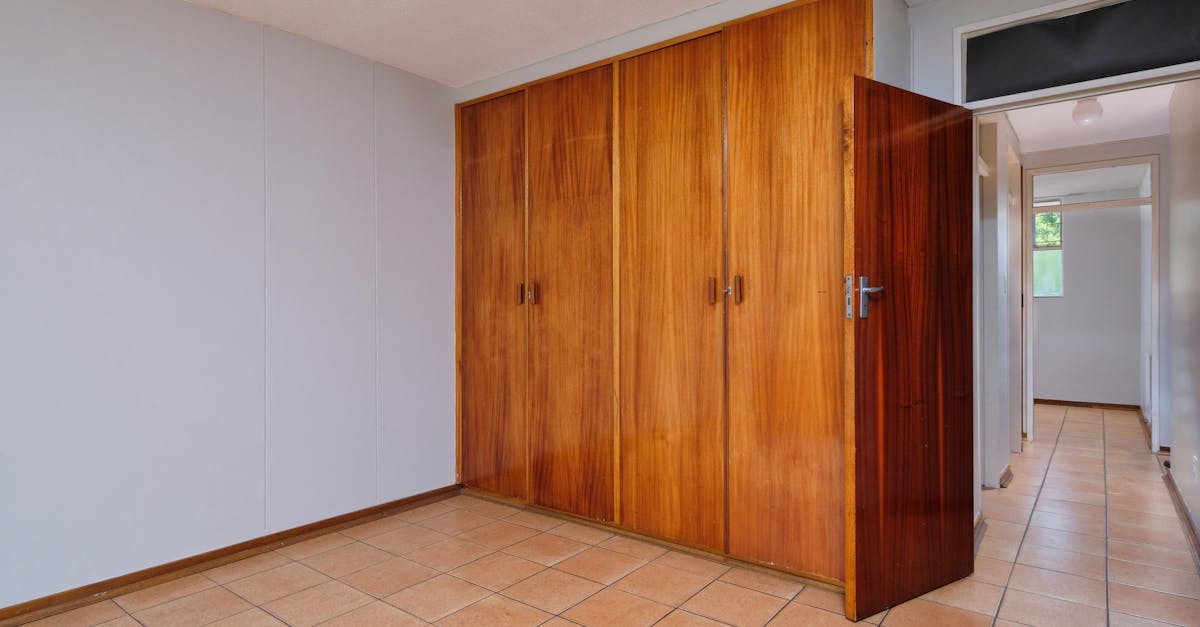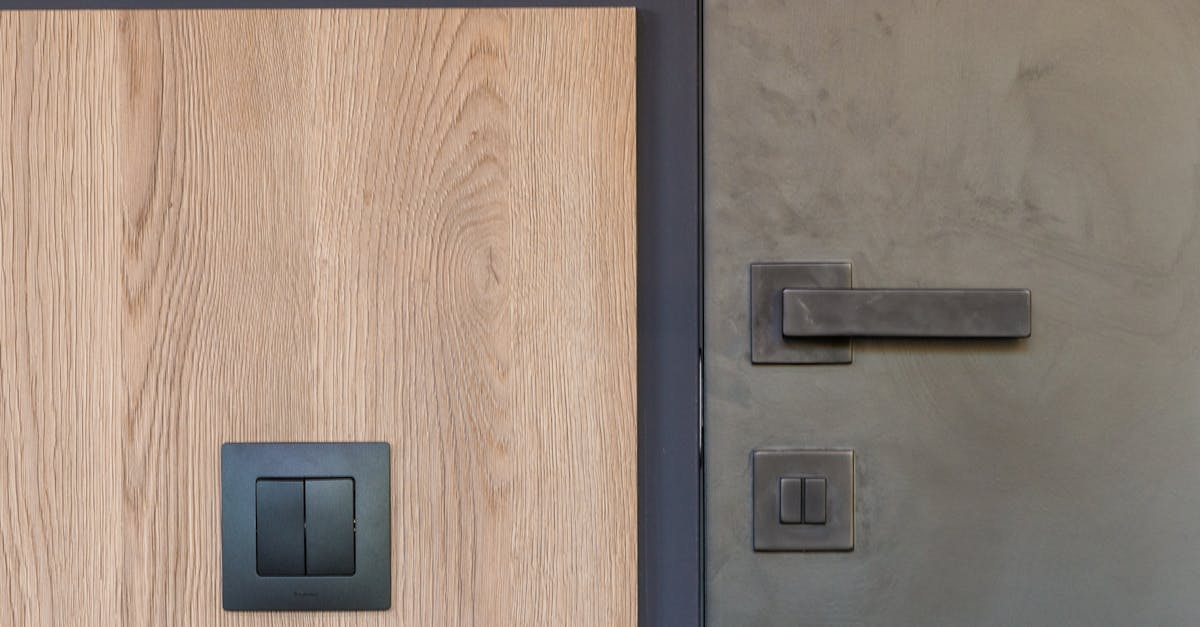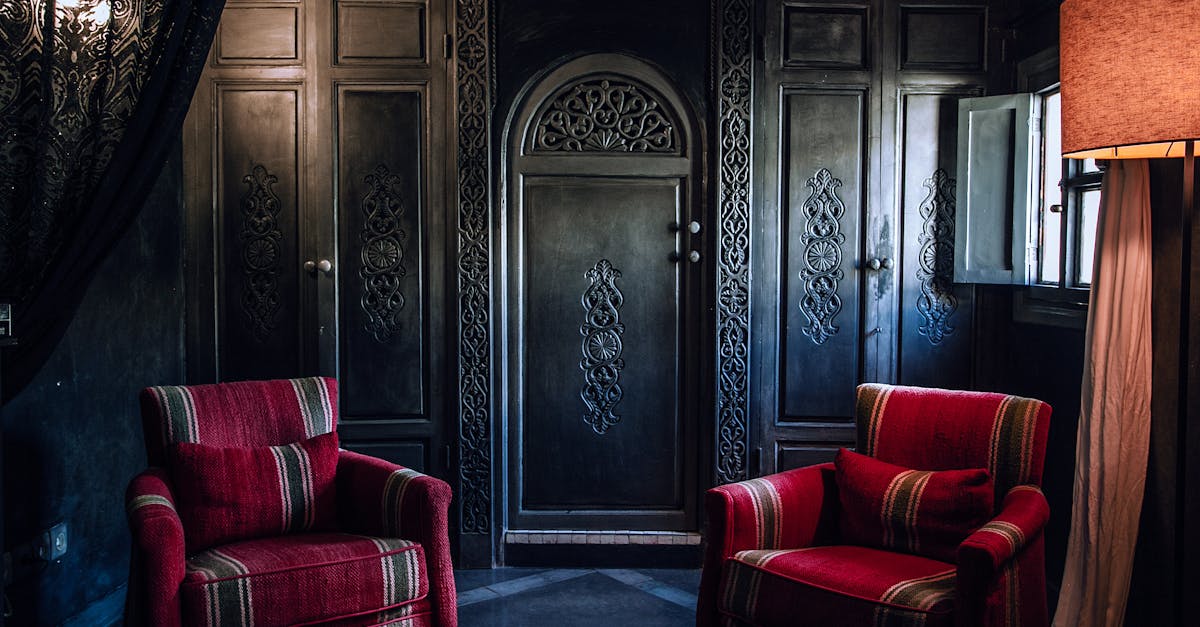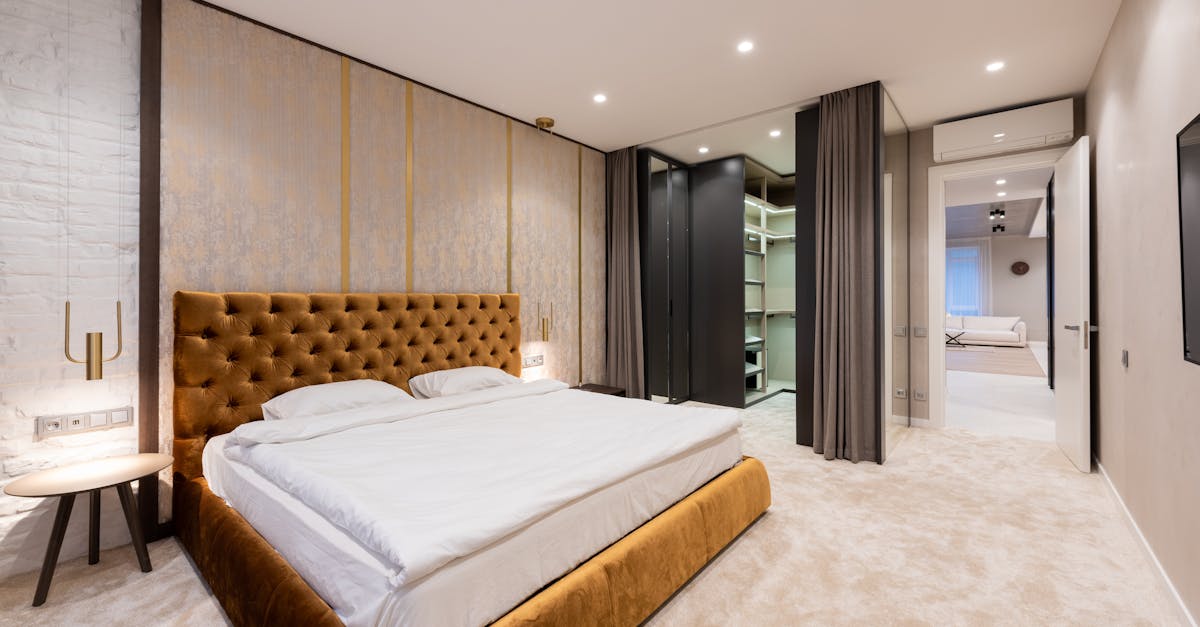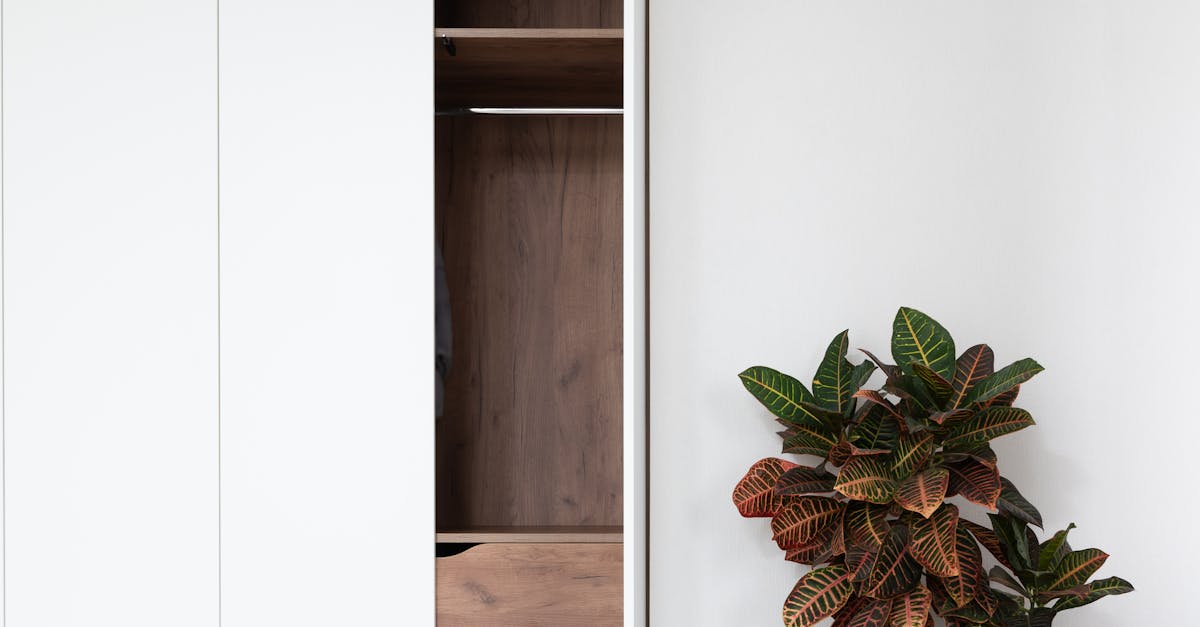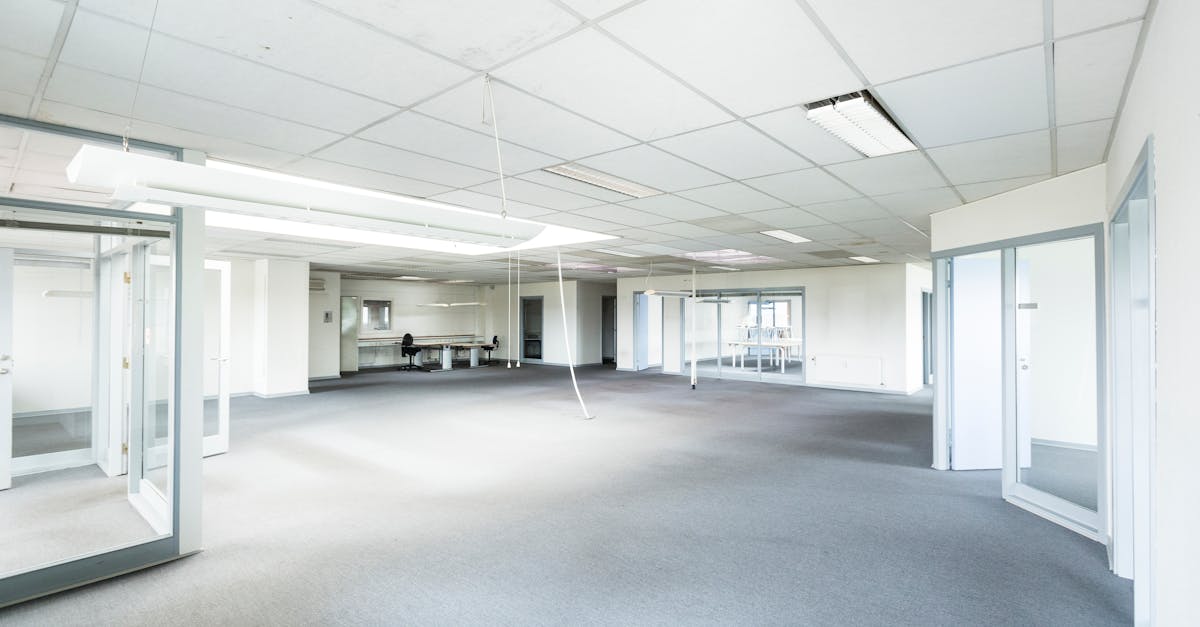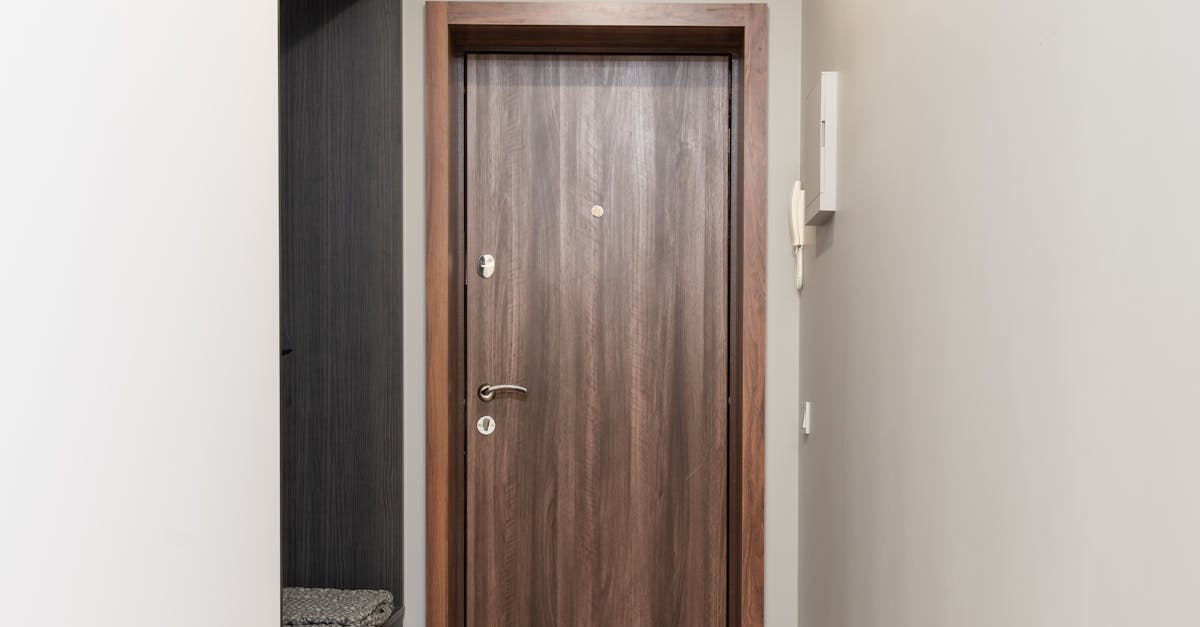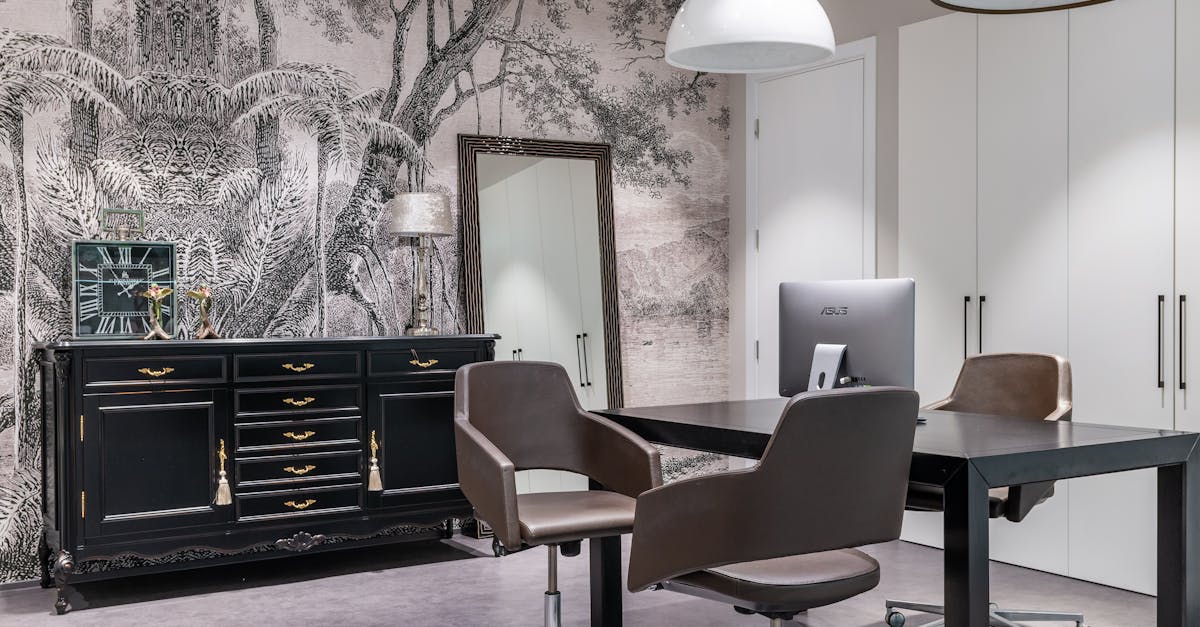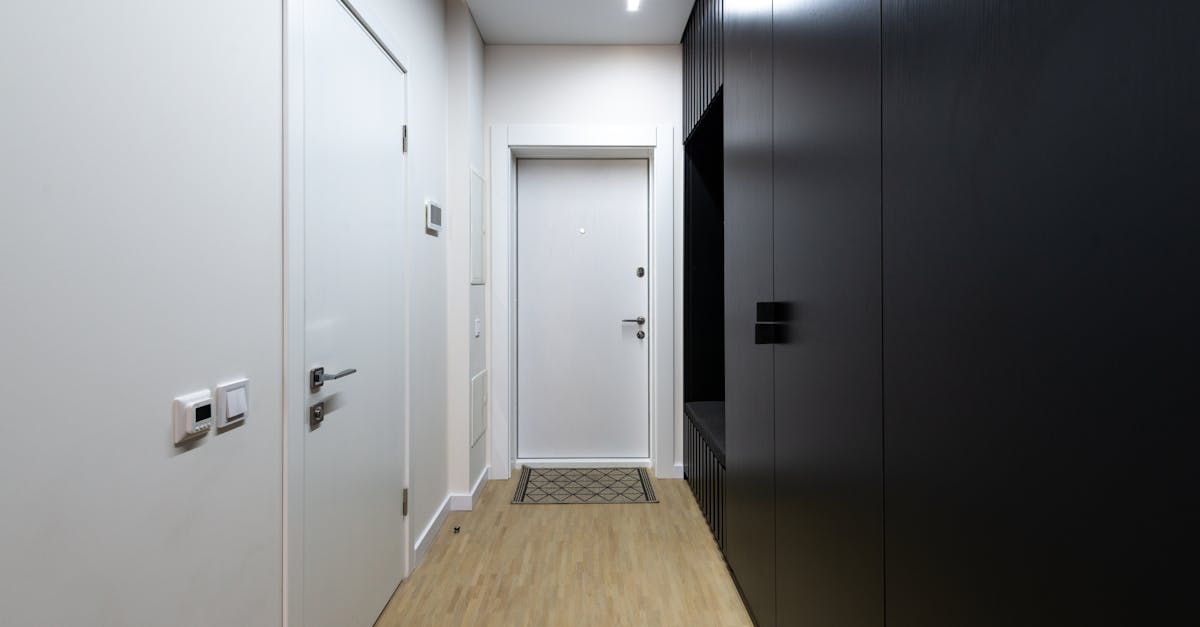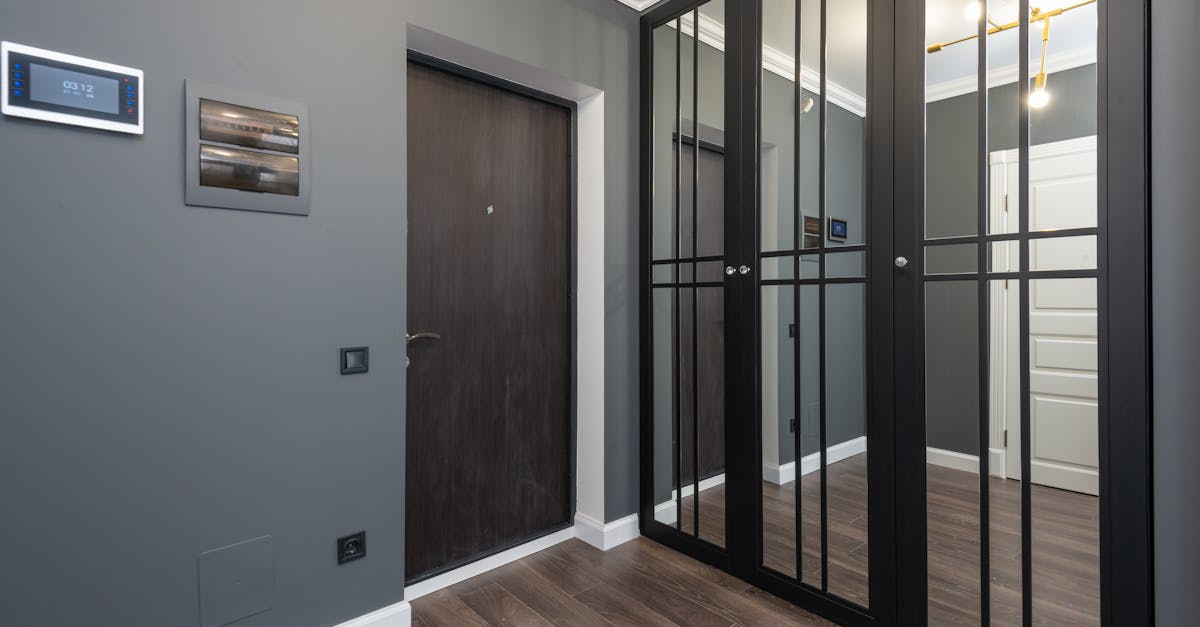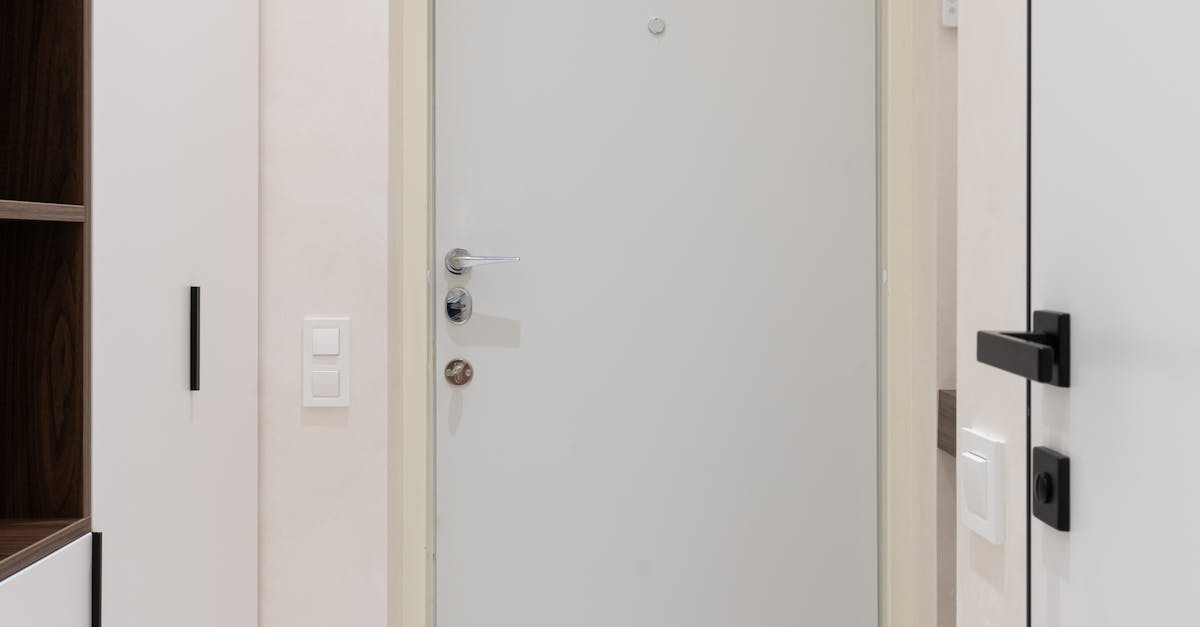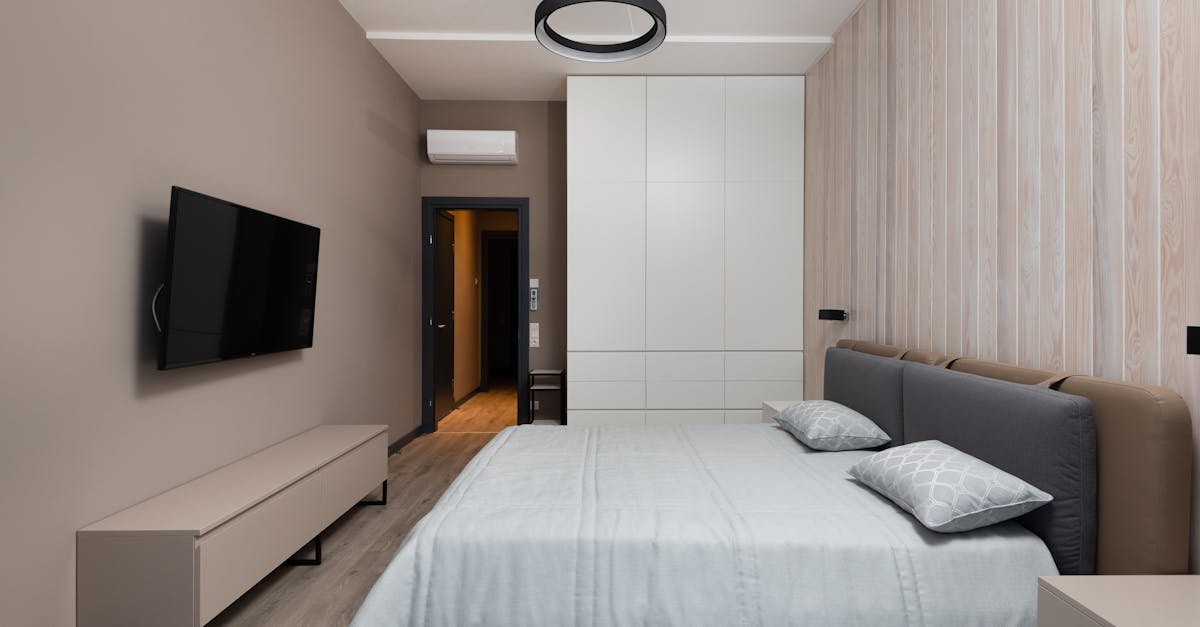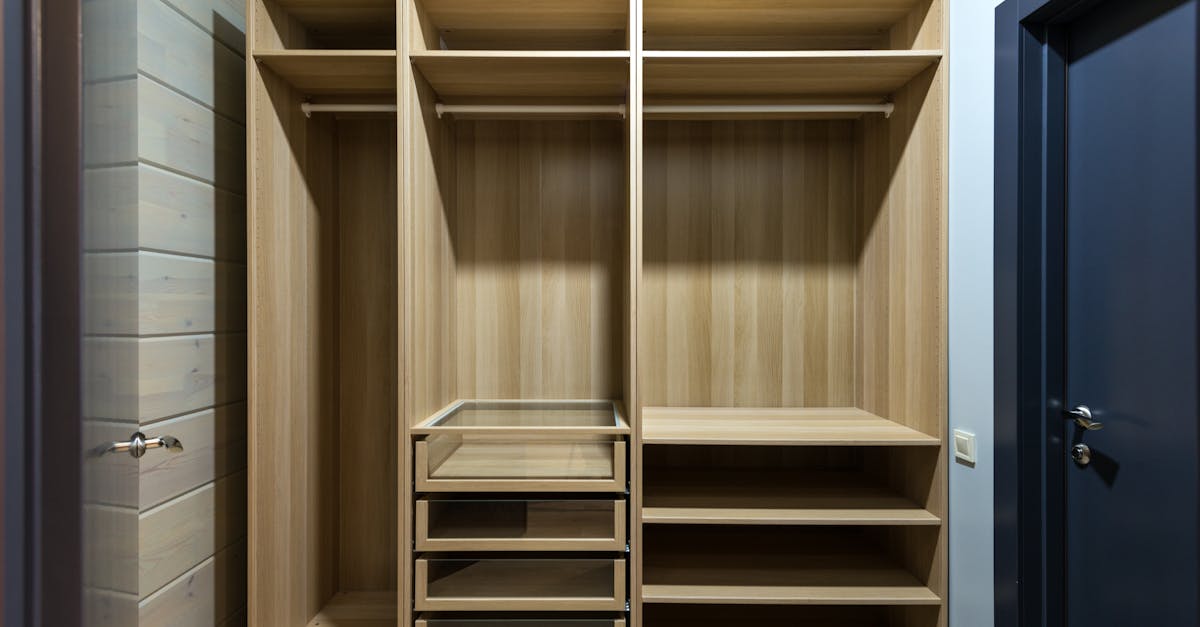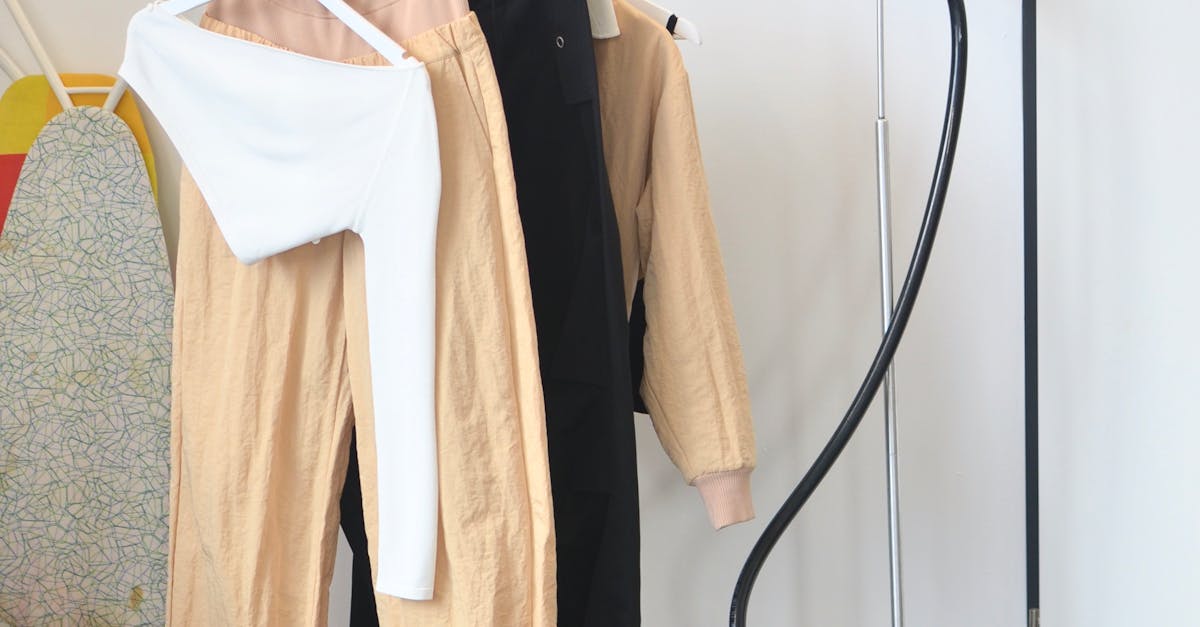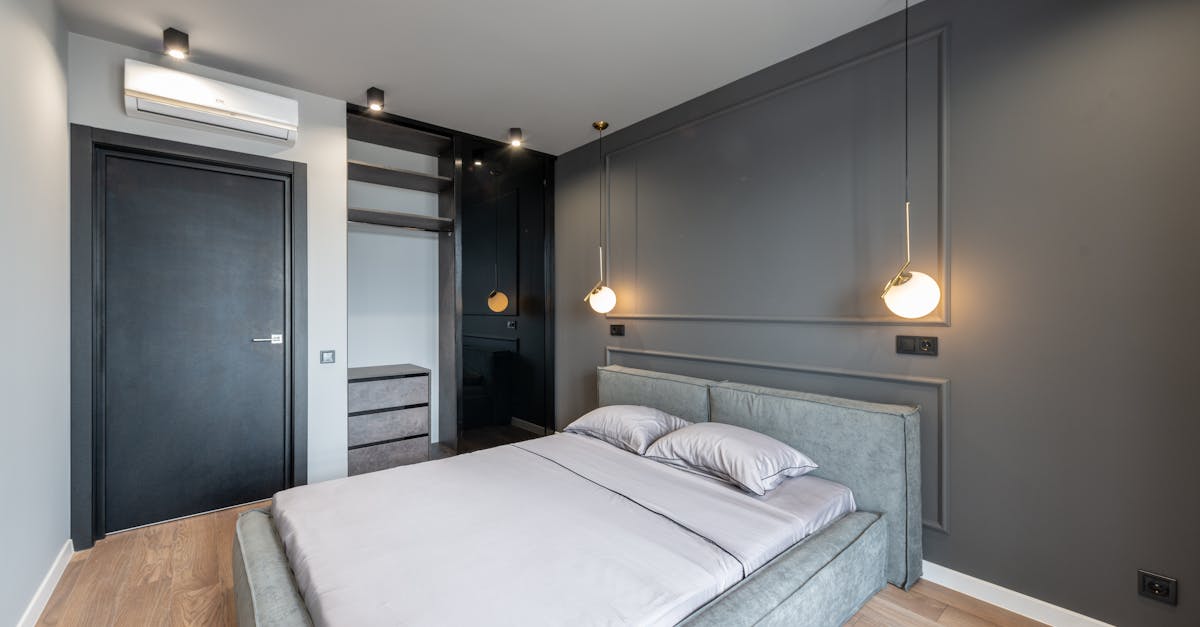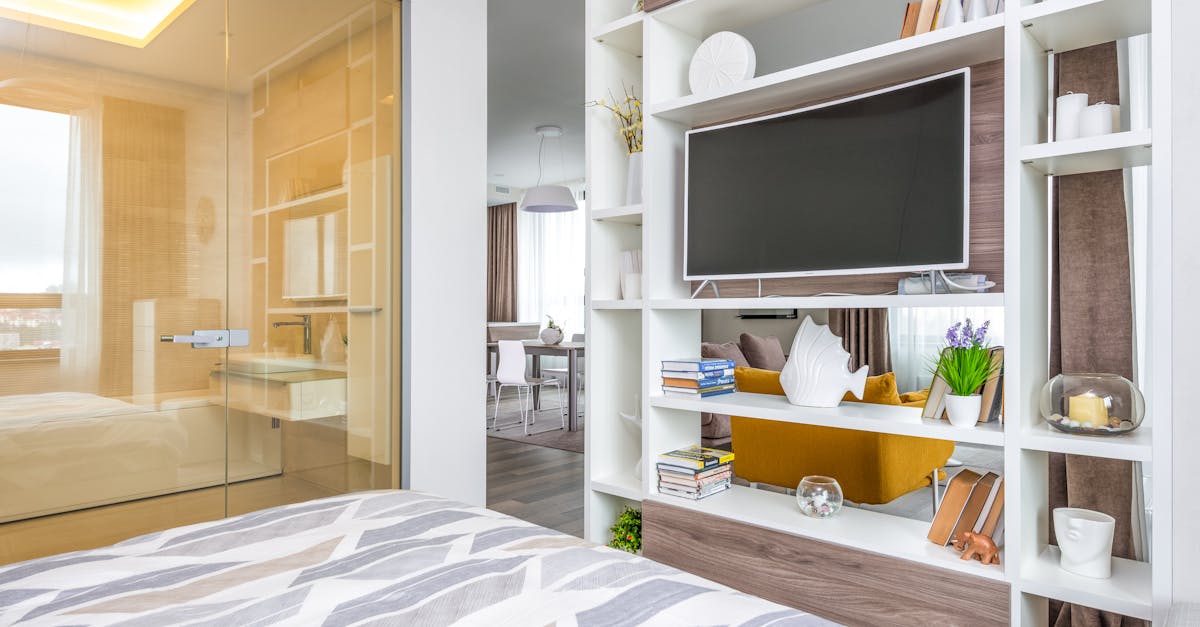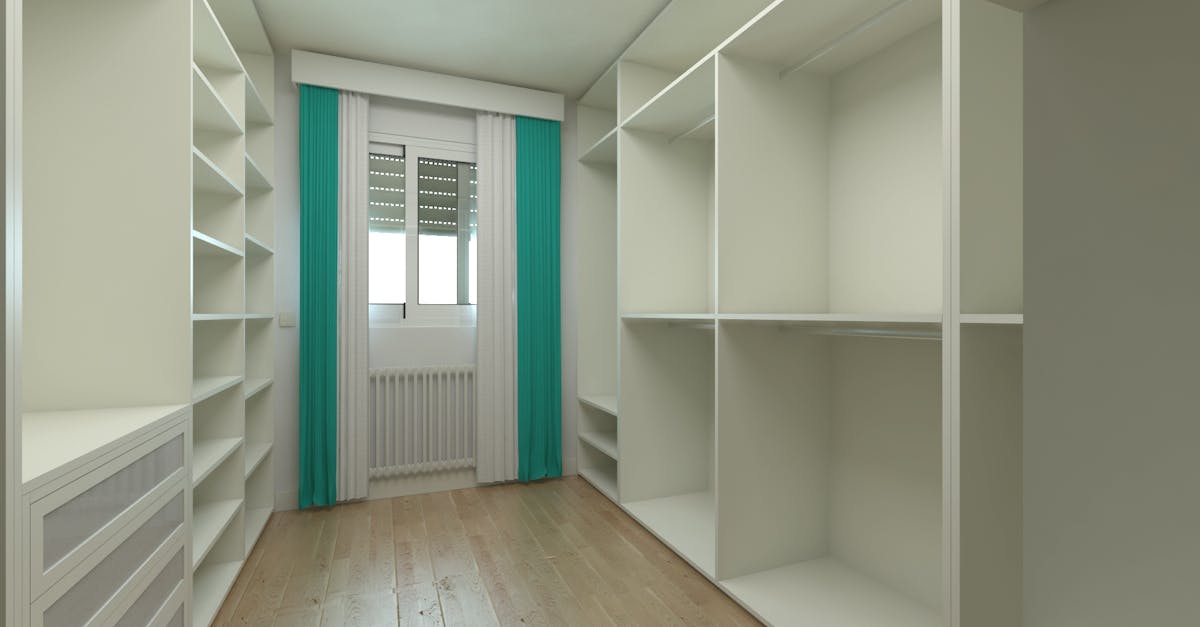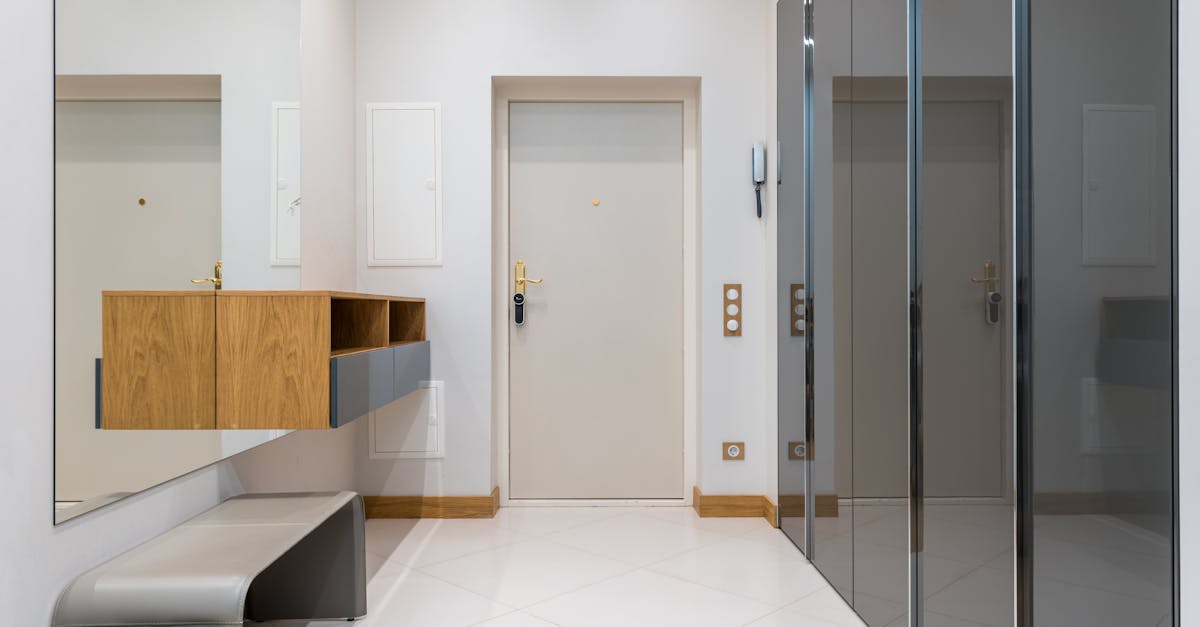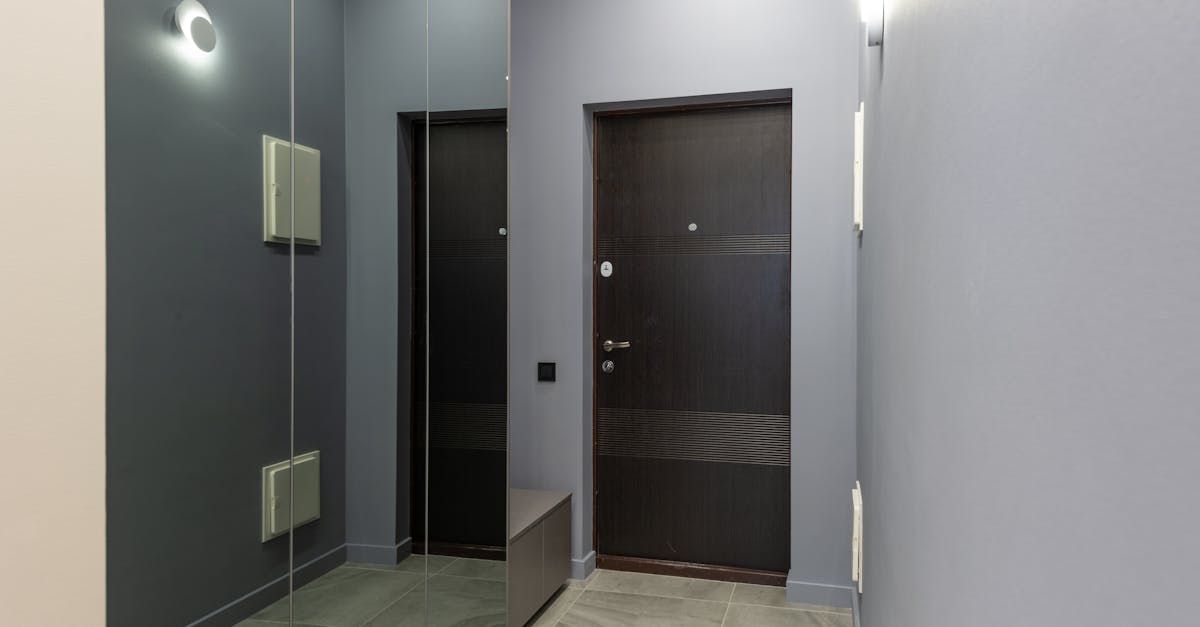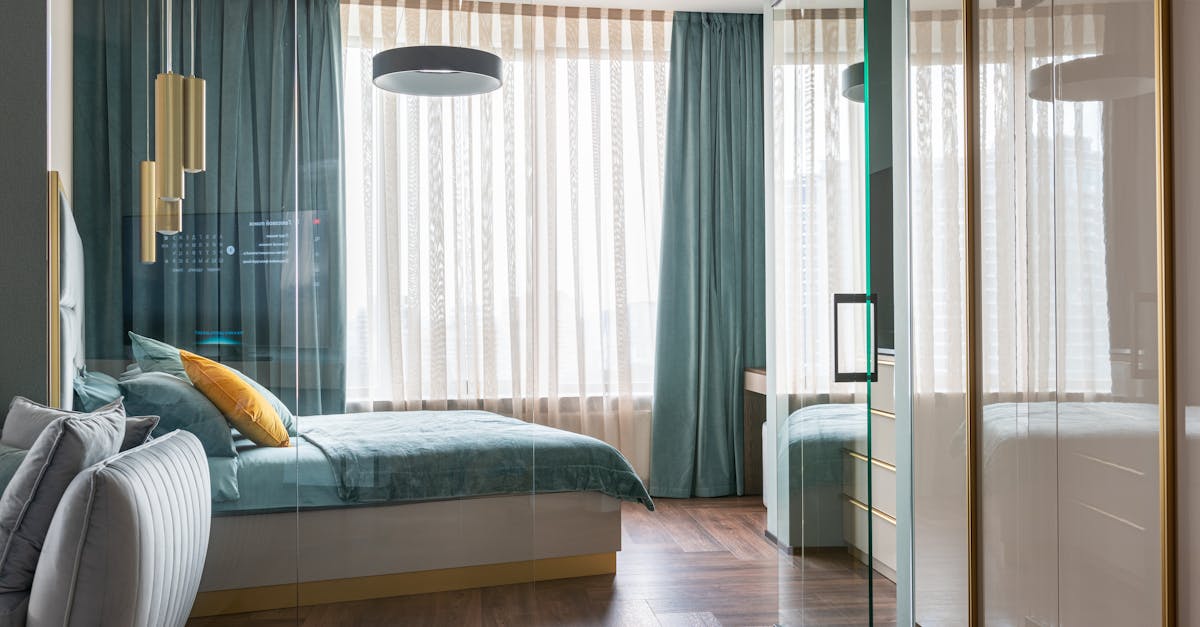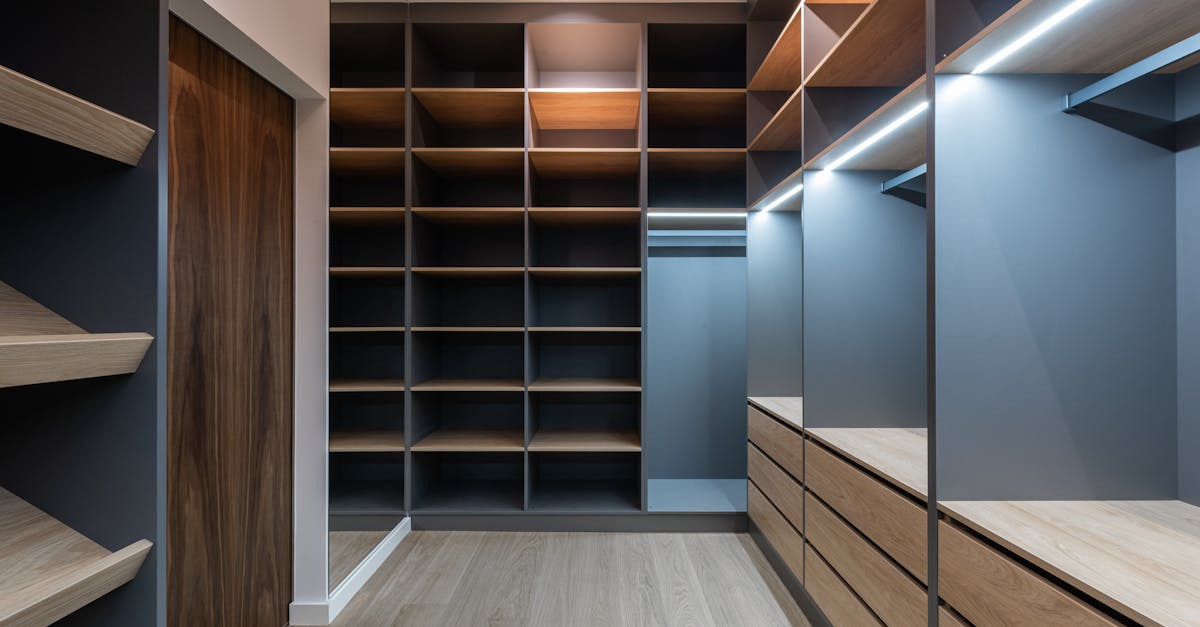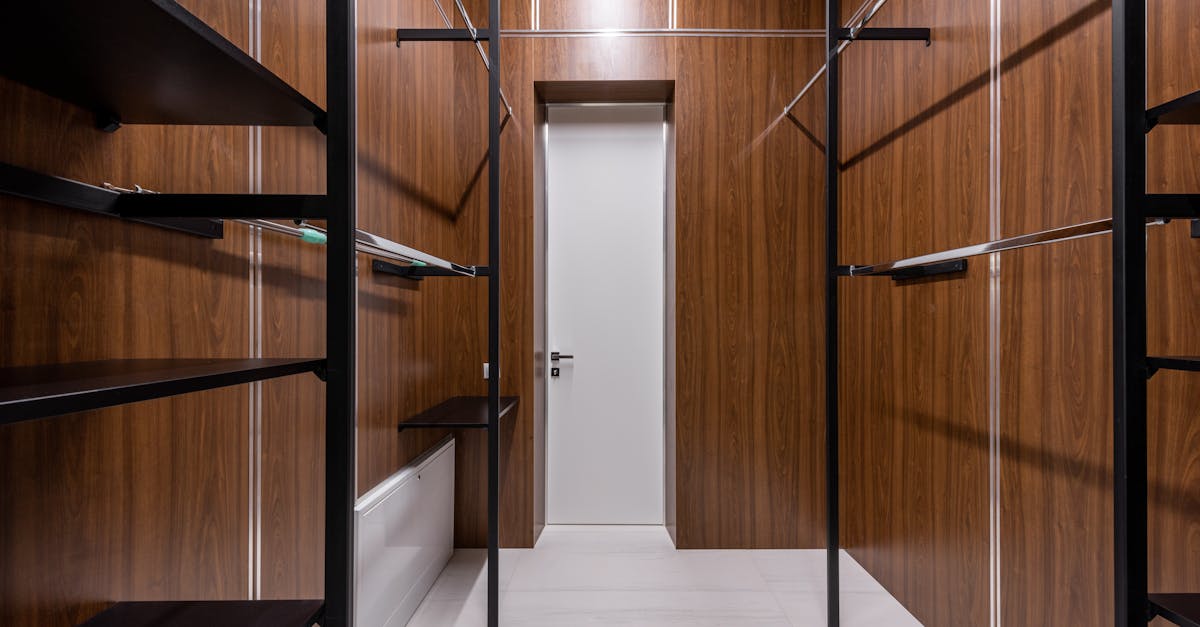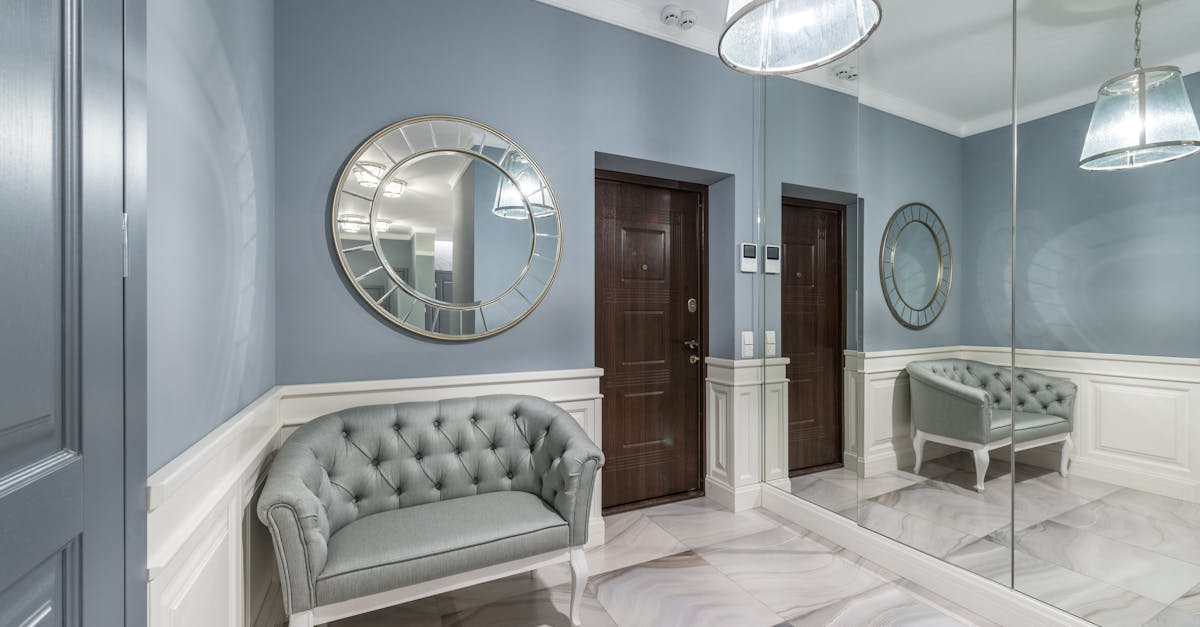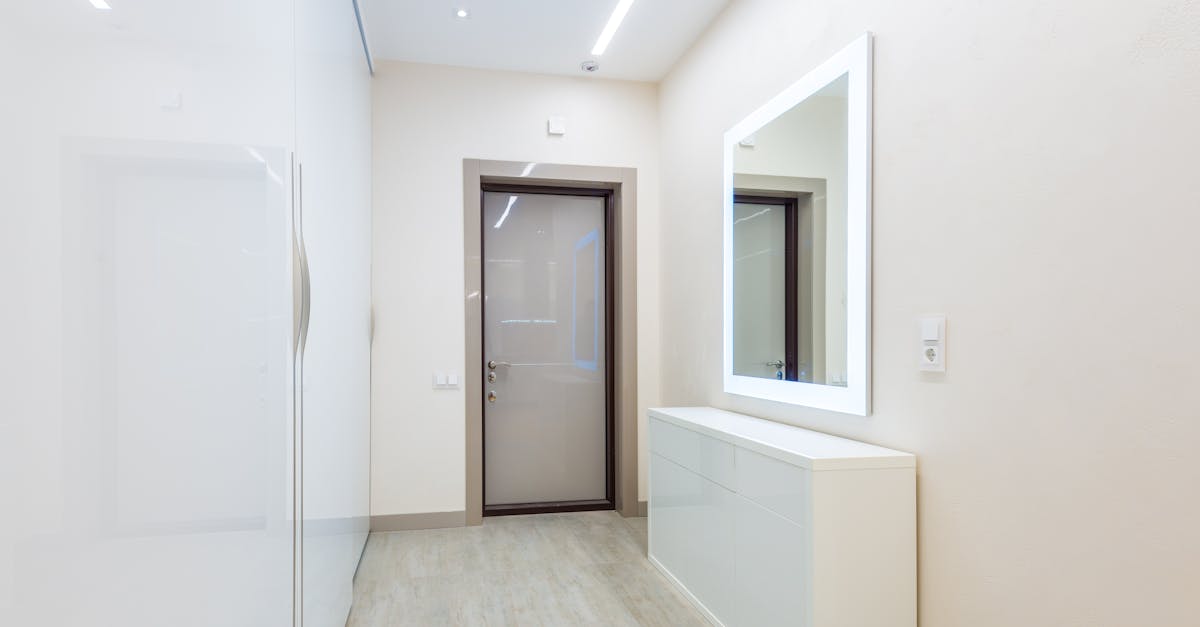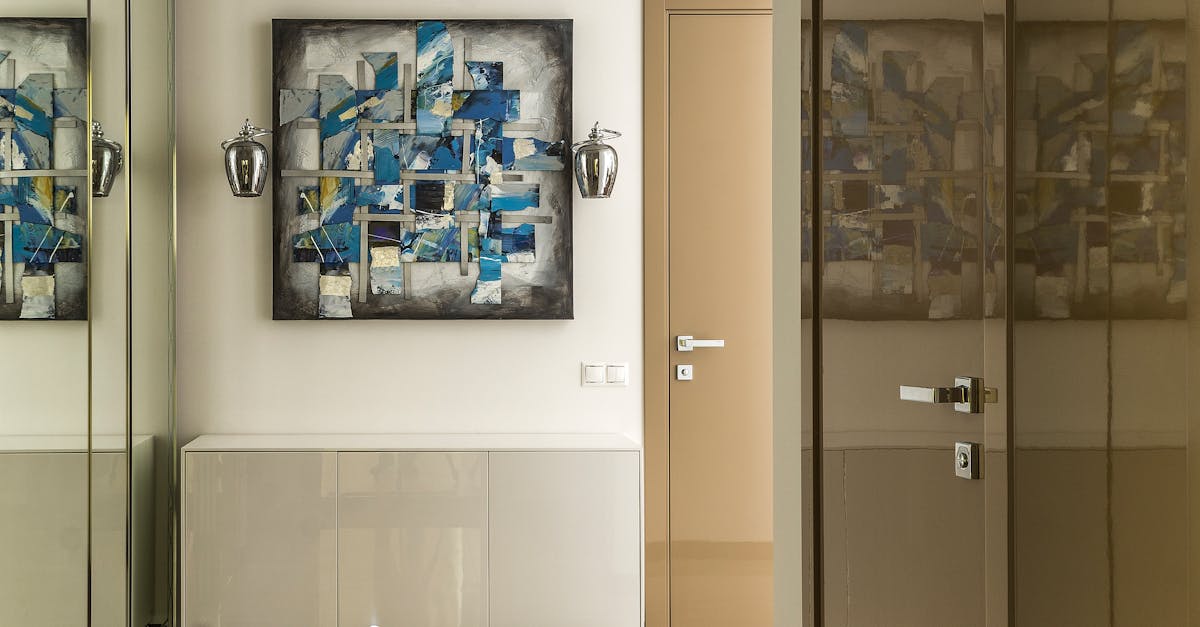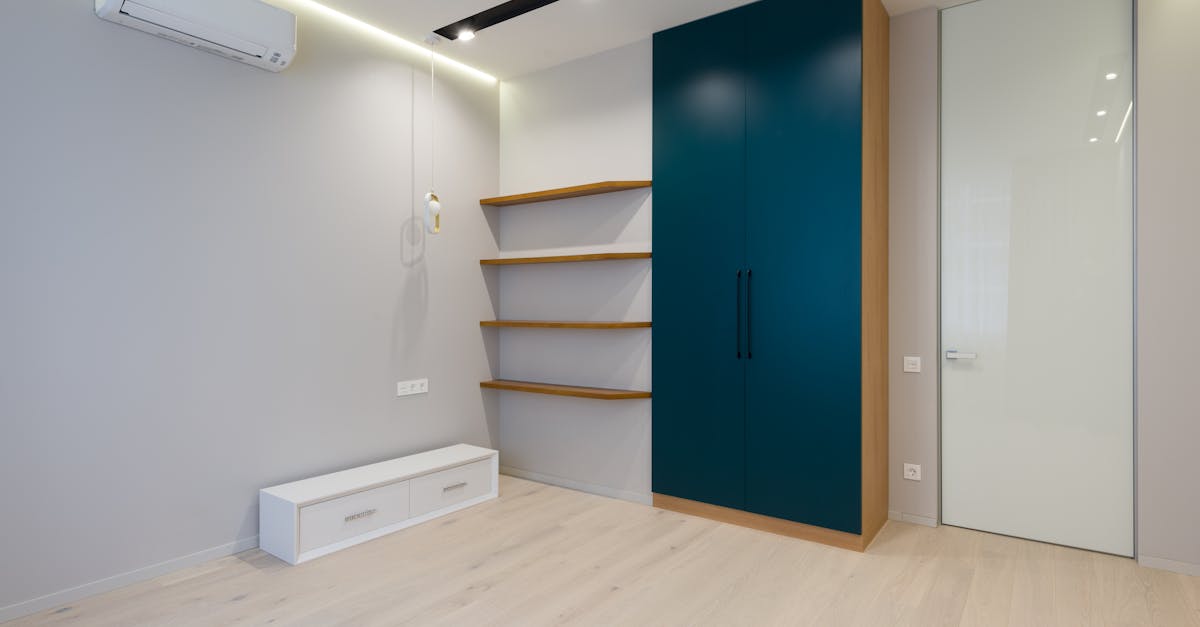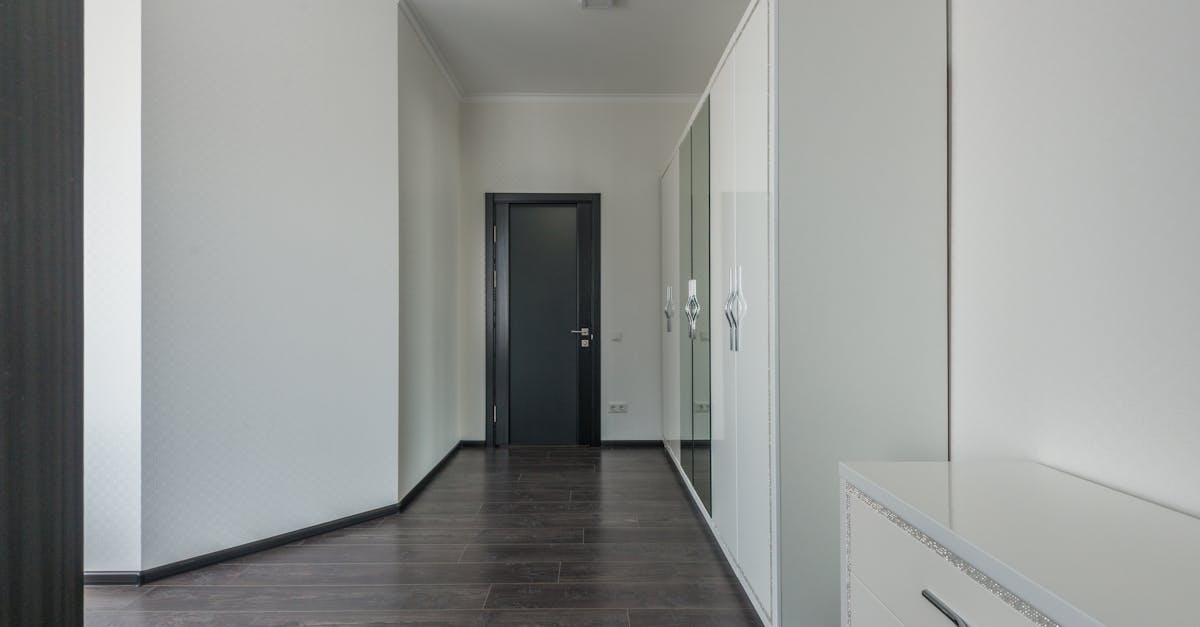
Table Of Contents
Difficulty in Modifications
Custom made furniture offers unique designs and styles tailored to specific preferences. However, one of the notable disadvantages is the difficulty in modifications. Unlike mass-produced pieces that can typically be easily replaced or changed, custom furniture poses challenges when adjustments are needed. This is particularly evident in Custom Home Office Furniture, where the dimensions and functionalities must align precisely with the user's requirements, making any alterations a complex task that often requires professional expertise.
Moreover, the intricate designs and specialized features of custom furniture can limit the flexibility for modifications. Whether it's the layout of shelves in a bookcase or the height of a desk, making changes to Custom Home Office Furniture may disrupt the overall aesthetic or functionality of the piece. This lack of adaptability can be frustrating for individuals who desire furniture that can evolve with their needs over time without requiring extensive modifications or complete replacements.
Challenging to Alter
Custom made furniture offers the benefit of tailored design to meet specific needs and preferences. However, one significant drawback is the difficulty in altering custom pieces once they are completed. Unlike ready-made furniture that can often be adjusted or modified easily, custom pieces are typically built to precise measurements and specifications. This can pose a challenge if the need for alterations arises in the future. For example, custom home office furniture that no longer fits the space or needs adjustment due to changing requirements may require significant effort to modify, potentially outweighing the initial customization benefits.
Furthermore, the intricate designs and unique construction of custom made furniture can complicate any attempts to alter them. The specialized craftsmanship and materials used in creating custom pieces can make it challenging to make changes without compromising the integrity or aesthetics of the furniture. While custom furniture is intended to be an ideal fit for a particular space or purpose, the lack of flexibility in alterations may limit its longevity and functionality. This limitation should be carefully considered when investing in custom pieces to ensure that they will continue to meet your needs over time.
Resale Value
When it comes to the resale value of furniture, custom-made pieces often fall short when compared to their mass-produced counterparts. Custom Home Office Furniture, tailored to specific dimensions and styles, may have limited appeal to potential buyers due to their uniqueness and personalized design. While the owner may have invested considerable time and money into creating a piece that perfectly suits their tastes and needs, this customization can actually work against them in a resale scenario.
Buyers in the market for second-hand furniture typically gravitate towards more conventional, broadly appealing designs that are easier to integrate into various home decor styles. Custom-made pieces, no matter how well-crafted or high-quality, may struggle to attract a wide range of potential buyers, thereby affecting their resale value. In the case of Custom Home Office Furniture, potential buyers might find it challenging to envision how such specialized pieces could fit within their own workspace, ultimately leading to a lower resale value for the original owner.
Lower Than MassProduced Alternatives
When it comes to the resale value of furniture items, custom-made pieces often fall short compared to their mass-produced counterparts. This discrepancy arises due to several factors, including the limited appeal of custom designs to a broader market. For instance, a unique Custom Home Office Furniture set tailored specifically to one individual's tastes may not align with the preferences of potential buyers if placed on the market for resale.
Additionally, the lower resale value of custom-made furniture is also influenced by the perception of craftsmanship and durability. Mass-produced furniture is often associated with standardized quality and consistent manufacturing processes, which can instill more confidence in buyers regarding its longevity and reliability. In contrast, while custom-made pieces may boast superior craftsmanship and materials, the subjective nature of design preferences can make them a riskier investment for resale purposes.
Transportation Challenges
Transporting custom home office furniture can present a significant challenge due to the bulky and sometimes delicate nature of the items. Unlike mass-produced furniture that often comes disassembled and flat-packed for easier transportation, custom-made pieces are usually larger and more intricate in design. This can make it difficult to maneuver around corners, doorways, and stairs when moving the furniture from one location to another.
Additionally, the unique shapes and sizes of custom-made furniture pieces can also pose a challenge when it comes to fitting them into standard-sized moving vehicles. Fragile components such as intricate glass details or delicate woodwork may also require extra care and attention during transportation to prevent damage. These factors can contribute to increased costs and risks associated with the transportation of custom home office furniture, making it a consideration for consumers looking to invest in such bespoke pieces.
Bulky or Fragile Items
Custom Home Office Furniture can often be bulky or fragile, posing challenges when it comes to transportation. The larger size and unique designs of custom pieces can make them difficult to maneuver through doorways and up staircases. Additionally, delicate materials used in crafting custom furniture may be more prone to damage during transit, requiring extra care and attention while moving.
While the bulkiness of custom furniture can make it challenging to transport, its fragility adds another layer of complexity. Fragile pieces may require specialized packing materials and careful handling to avoid breakage during transportation. For individuals who frequently move residences or office spaces, the delicate nature of custom furniture can present a significant logistical hurdle.
FAQS
Is it difficult to make modifications to custom made furniture?
Yes, custom made furniture can be challenging to modify due to its unique design and construction, which may require specialized skills and materials.
How does the resale value of custom made furniture compare to mass-produced alternatives?
The resale value of custom made furniture is generally lower than mass-produced alternatives, as it is often tailored to specific preferences and may not appeal to a wider audience.
What are the transportation challenges associated with custom made furniture?
Custom made furniture can present transportation challenges due to its size, weight, and sometimes fragile nature, making it more cumbersome to move compared to standardized pieces.
Are custom made furniture items bulky or fragile?
Custom made furniture items can vary in size and material, but they may be bulkier or more fragile than mass-produced alternatives, which can pose challenges in terms of handling and maintenance.
Can custom made furniture be easily altered to fit changing needs?
Custom made furniture is not always easy to alter to fit changing needs, as its unique design may limit the extent to which modifications can be made without compromising the original craftsmanship.

